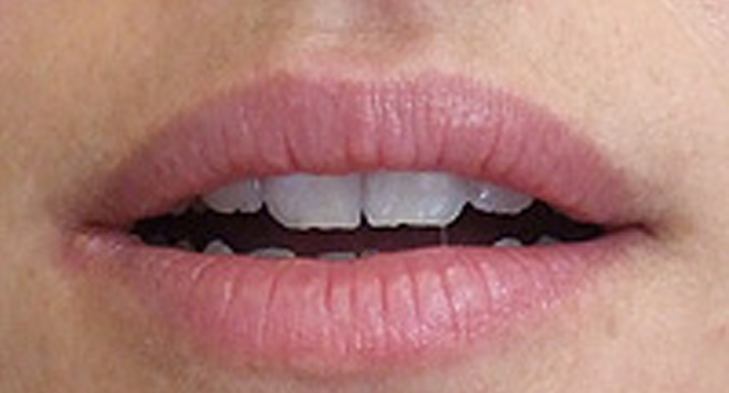TIP:
At different times during the speaking test interview you may feel you didn’t understand a question or that you cannot find the right words or express the ideas that you want to. Taking action, explaining this to the examiner, is preferable to being silent. You can use phrases like Do you mean? and What I mean is ... to clarify a confusing situation.


